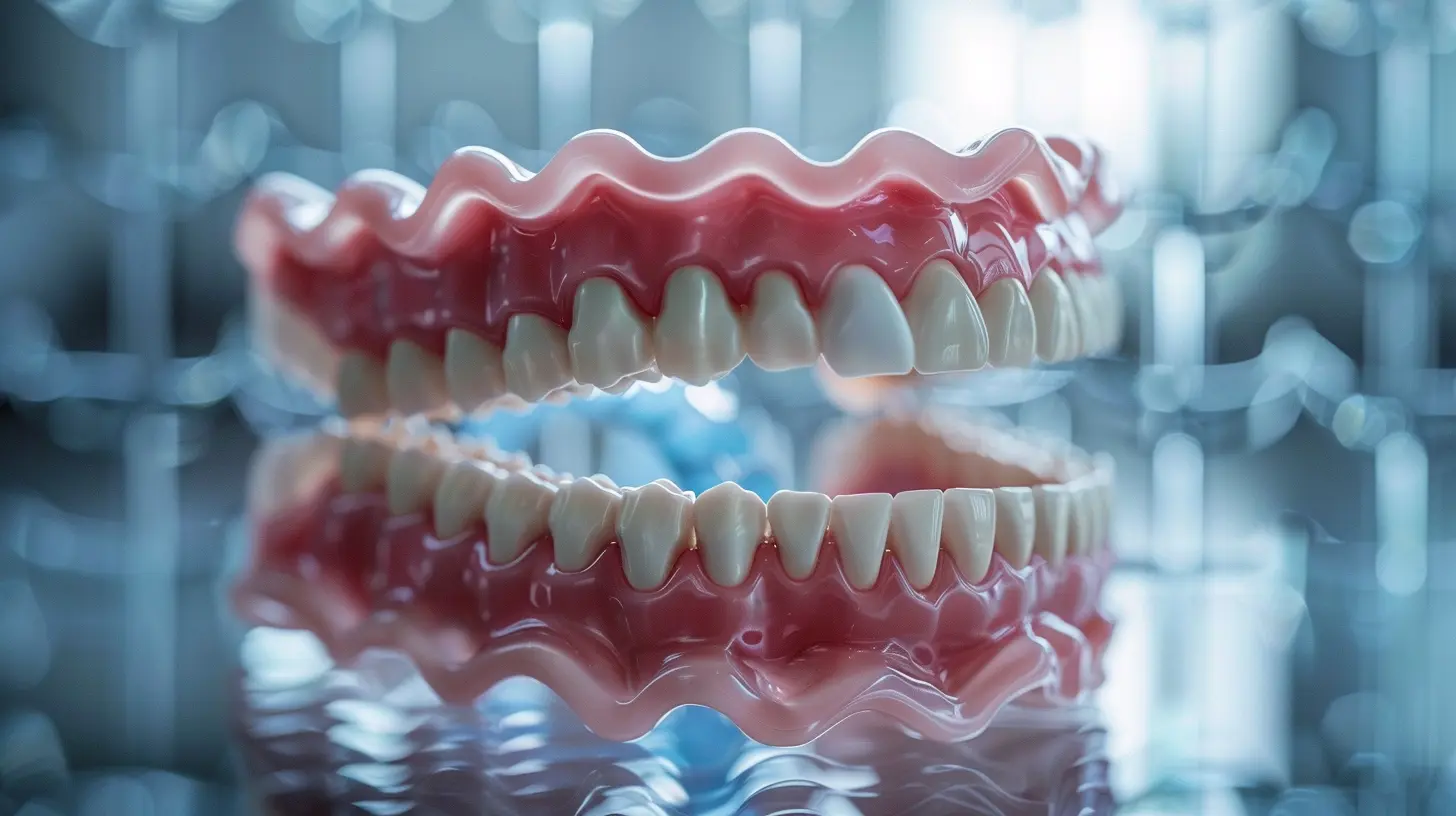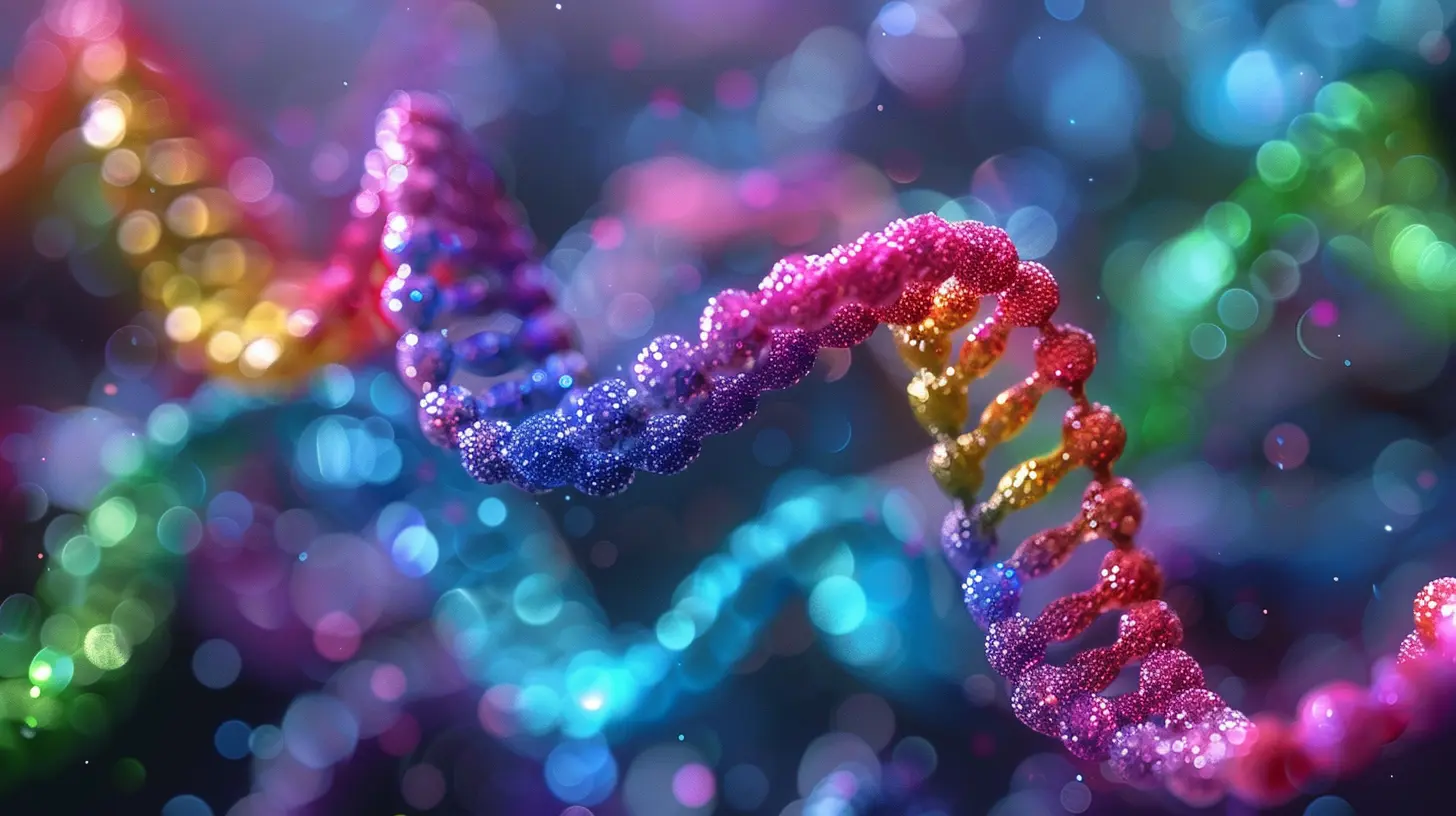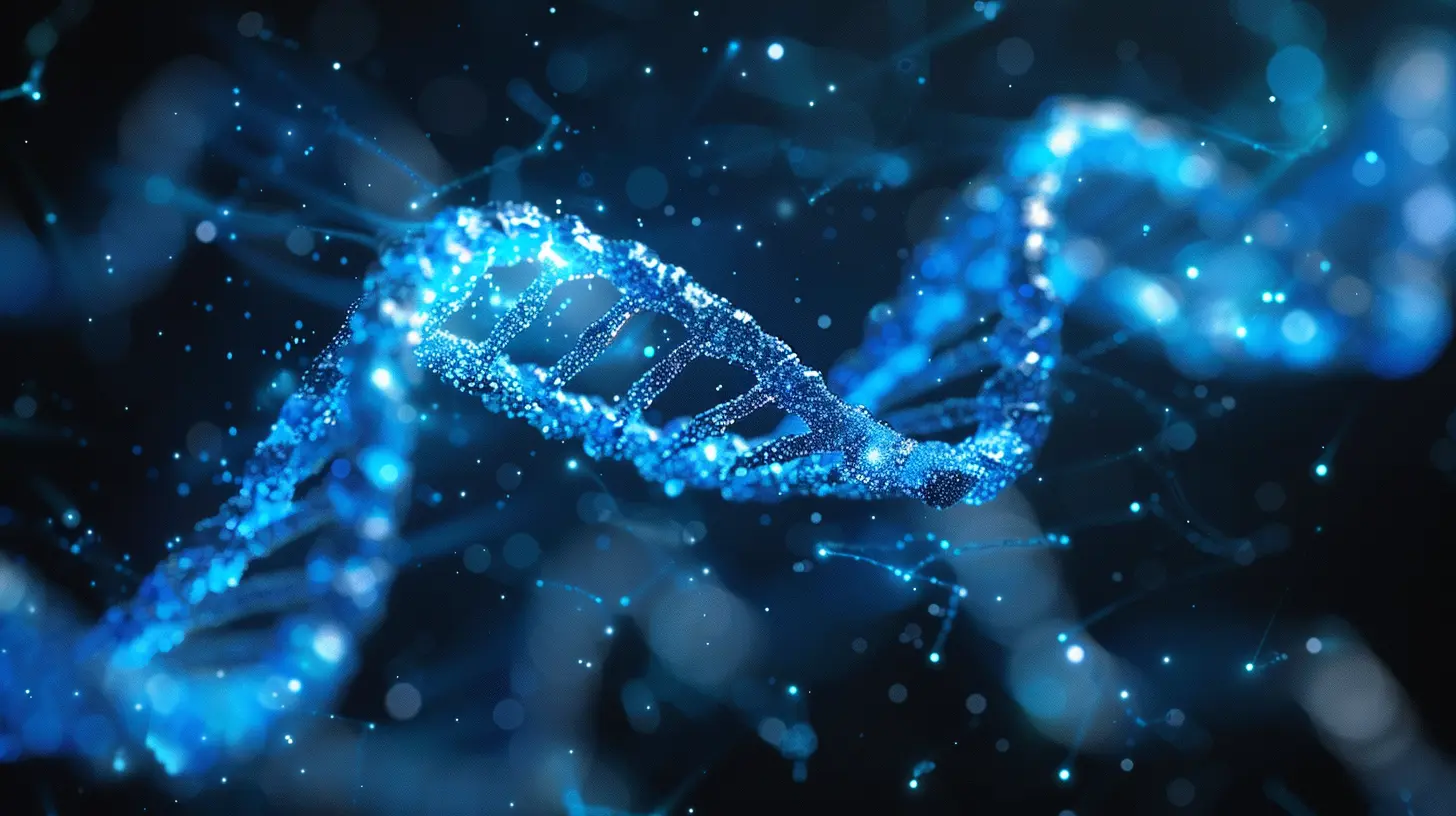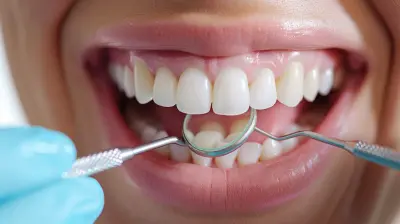The Role of Genetics in Dental Health
28 October 2025
Have you ever wondered why some people seem to have perfect teeth without much effort, while others struggle with cavities and gum issues despite their best efforts? Well, the answer might be hiding in your DNA. Genetics plays a big role in determining the health of your teeth and gums. While brushing, flossing, and regular dental checkups are crucial, your genetic makeup can influence everything from the shape of your teeth to your risk of developing gum disease.
In this article, we’ll dive deep into how genetics affects your oral health, what conditions might be inherited, and what you can do to maintain a healthy smile—no matter what your DNA says! 
How Genetics Affects Dental Health
Genetics influences many aspects of dental health, from the structure of your teeth to their susceptibility to decay and disease. Let’s break it down into key areas.1. Tooth Shape and Size
The size, shape, and alignment of your teeth are largely determined by your genes. If your parents had crooked teeth, crowded teeth, or an overbite, chances are you might have inherited similar dental traits. This can sometimes lead to orthodontic issues, requiring braces or other corrective treatments.2. Enamel Strength
Your enamel—the hard, outer layer of your teeth—acts as a shield against cavities. Some people are genetically blessed with strong enamel, making their teeth more resistant to decay. Others inherit weaker enamel, which makes them more prone to cavities even if they maintain good oral hygiene.3. Saliva Production and Composition
Saliva isn’t just there to help you chew and swallow; it also plays a crucial role in protecting your teeth. It helps wash away food particles and neutralize acids that cause tooth decay. Genetics can influence the amount and quality of your saliva, which can affect your risk of developing cavities and gum disease.4. Risk of Gum Disease
Periodontal (gum) disease is a serious condition that can lead to tooth loss if untreated. While poor oral hygiene and lifestyle choices (like smoking) contribute to gum disease, genetics also plays a part. Some people have a genetic predisposition to inflammation, making them more likely to develop gum disease even with good dental care.5. Tooth Sensitivity
Ever experienced a sharp pain when eating ice cream or sipping hot coffee? Tooth sensitivity can be influenced by genetics. Some people naturally have thinner enamel or exposed dentin, making their teeth more sensitive to temperature changes and certain foods.6. Risk of Cavities
Yes, cavities can run in families! Some people inherit bacteria that are more likely to cause cavities. Combined with genetic factors such as enamel strength and saliva composition, this can make some individuals more susceptible to decay than others.
Common Genetic Dental Conditions
While everyday dental issues like cavities and gum disease have a genetic component, some conditions are directly inherited. Here are a few notable ones:1. Amelogenesis Imperfecta
This rare genetic disorder affects the development of tooth enamel. People with amelogenesis imperfecta often have teeth that are discolored, weak, or prone to breaking. Since enamel doesn’t regenerate, this condition can be challenging to manage.2. Dentinogenesis Imperfecta
Dentinogenesis imperfecta affects the dentin, the layer beneath the enamel. People with this condition often have translucent or discolored teeth that are weak and prone to breaking. This condition is passed down through families and can significantly impact dental function and appearance.3. Hypodontia (Missing Teeth)
Some people are born missing one or more teeth due to a genetic condition called hypodontia. This can affect dental alignment and bite function, often requiring orthodontic treatment or dental implants.4. Hyperdontia (Extra Teeth)
On the other end of the spectrum, hyperdontia causes extra teeth to develop. These extra teeth can lead to overcrowding and misalignment, sometimes requiring removal.5. Cleft Lip and Palate
A cleft lip or palate is a birth condition influenced by both genetic and environmental factors. It occurs when the tissues in a baby’s mouth and face don’t form properly during pregnancy. Surgery is often required to correct this condition.
Can You Overcome Genetic Dental Problems?
While you can’t change your genes, you can take steps to reduce the impact of genetic dental issues. Here’s what you can do:1. Maintain a Solid Oral Hygiene Routine
No matter what genetics throw at you, brushing twice a day, flossing, and using mouthwash can significantly improve your oral health. Choose fluoride toothpaste to strengthen your enamel and help prevent cavities.2. Visit Your Dentist Regularly
If you know you're genetically prone to certain dental issues, regular dental checkups are even more important. Your dentist can catch potential problems early and suggest preventive treatments like sealants or fluoride treatments.3. Eat a Tooth-Friendly Diet
Your diet plays a big role in dental health. Avoid sugary foods and drinks that feed cavity-causing bacteria. Instead, eat plenty of calcium-rich foods like dairy, leafy greens, and nuts to strengthen your teeth.4. Consider Preventive Treatments
If weak enamel runs in your family, fluoride treatments or dental sealants can help protect your teeth from decay. Talk to your dentist about what preventive options might be best for you.5. Address Alignment Issues Early
If you have a family history of crooked teeth or bite problems, early orthodontic treatment can help prevent severe misalignment. This might mean braces, aligners, or other corrective dental work.6. Be Mindful of Lifestyle Choices
Smoking, excessive alcohol consumption, and poor diet choices can worsen genetic dental problems. If you already have a higher risk for dental issues, making healthier lifestyle choices can help mitigate some of these risks.
The Future of Genetics in Dentistry
The good news? Advances in genetic research are paving the way for personalized dental treatments. Scientists are studying how genes influence oral health, and in the future, we might see treatments tailored specifically to your genetic makeup. Imagine being able to prevent cavities or gum disease before they even start, just by understanding your DNA!Genetic testing for oral health is already becoming more common. Some companies offer saliva-based DNA tests that can identify potential dental risks. While this field is still evolving, it could revolutionize dental care in the years to come.
Final Thoughts
While genetics plays a significant role in dental health, it’s not the final verdict on your smile. Good oral hygiene, regular dental visits, and a healthy lifestyle can help you maintain strong, healthy teeth regardless of your genetic makeup. If you know that dental issues run in your family, take proactive steps to protect your teeth. After all, your smile is one of your greatest assets—so give it the care it deserves!all images in this post were generated using AI tools
Category:
Healthy TeethAuthor:

Jackson Mahoney
Discussion
rate this article
1 comments
Barbara McFarlane
Genetics significantly influences dental health, highlighting the need for personalized preventive strategies.
November 5, 2025 at 3:23 PM

Jackson Mahoney
Thank you for your insightful comment! Indeed, understanding genetic influences can help tailor more effective preventive measures in dental health.


